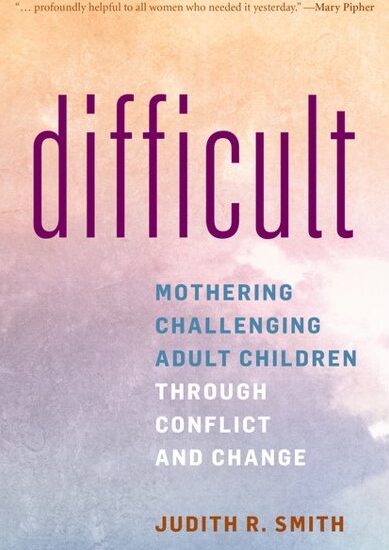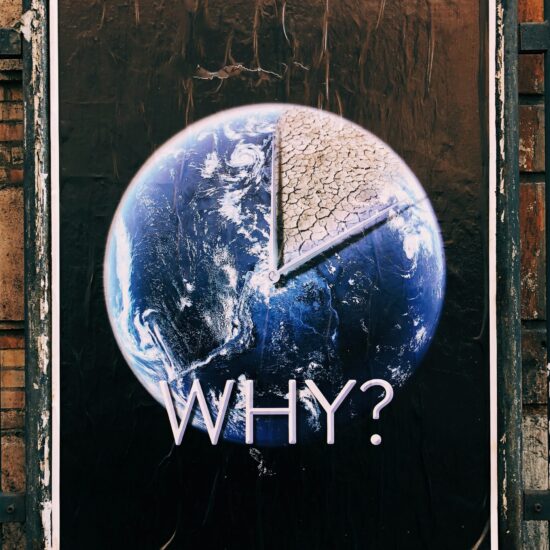This is a guest post by Alicia Smith an independent writer from Blacksburg, SC. She is currently pursuing a master’s degree in health and medical journalism at the University of Georgia. She received a BA in English from Limestone College in Gaffney, SC in 2012.
When Dr. Cheryl Gagne was a teenager, she romanticized people with mental illness as charismatic outsiders.
“My image of mental illness was largely positive,” she told a room full of healthcare journalists at a recent conference in Boston. “They were on the margin of society because of their brilliance.”
This view was shaken when she learned from news reports that Mark David Chapman, who murdered John Lennon of the Beatles, had a history of delusions, obsessions, and substance abuse. Gagne was 19 at the time, and the idea that a mentally ill person could be so violent came as a total shock.
A few weeks later, Gagne, then a graduate student in biomedical research, flunked out of school and became a patient herself after being admitted to a psychiatric hospital due to her battle with drugs and alcohol, she told members of the Association of Healthcare Journalists during the conference.
Gagne was diagnosed with borderline personality disorder, along with addiction, and later was told she had bipolar disorder.
After being released from the hospital, she began her own path to addiction recovery, working in shelters and detoxes.
Successfully treated, Gagne returned to school and earned a doctorate in rehabilitation counseling and today is an administrator at the federal Substance Abuse and Mental Health Services Administration.
During the past three decades she has seen media portrayals of mentally ill people – and their chances for recovery – fluctuate. After several years of mass shootings involving young men with mental disorders, media coverage has taken on a particularly sinister cast.
“The unflattering stories are often presented– you know, people with mental illness are violent, that they’re unpredictable, that they don’t get better, that they’re damaged, the broken brain,” Gagne said.
Meanwhile, the paradigm for mental health experts has shifted to a recovery model. Gagne said that the trend is away from treatment relying heavily on psychiatric drugs and toward rehabilitation involving patient empowerment and positive interventions.
The old view was that mental illnesses are chronic conditions that cannot be cured, Dr. William Anthony said as part of the same panel discussion. This message of hopelessness is being undermined by empirical and anecdotal evidence indicating that some patients get better without heavy doses of medication and psychotherapy.
Recovery is the “development of new meaning and purpose as one grows beyond the catastrophe of severe mental illness,” said Dr. Anthony, vice president of The Foundation for Excellence in Mental Health Care and an emeritus professor at Boston University’s Center of Psychiatric Rehabiliation.
“There are many paths to recovery. Not the two paths– medication and therapy– that we continuously talk about. There’s school. There’s work. There’s family.” These ordinary, daily engagements provide support and affirmation for people regaining their balance in the world.
Healthcare providers who work with mentally ill people are coming to accept the idea that a less medicalized form of recovery and rehabilitation is possible, said Dr. Dost Öngür, associate professor in psychiatry at Harvard Medical School and clinical director of the Schizophrenia and Bipolar Disorder Program at McLean Hospital. They have seen the evidence piling up from scientific studies of the brain.
“The brain is dynamic and is ever-changing,” Dr. Öngür said. “After a catastrophe of any kind, it has its on capacity to compensate for the insult or the damage that was done and to heal and to find a new balance that actually is functional and can serve the needs of the individual.”
New research has found that alterations in brain function observed during early-stage psychosis are not permanent. They can be be reversed through exercises that train the brain to process new information in new ways.
Just as scientists are shifting from a “mental illness is incurable” paradigm to a recovery model, Gagne said that health and medical reporters need to retool their thinking and craft different types of narratives.
“It is very important to write with empathy,” she said. Recovery stories are more complex than tales about how drugs and doctors helped people, but then the effects wore off. In recovery narratives, “people are not being flattened out to just their symptoms or just their diagnosis. There’s a lot of attention given to the richness of the person’s life and that is a trend that is very meaningful to people in recovery.”
Stories like these not only help people coping with mental illness help themselves, but also lessen the stigma attached to the struggle.









